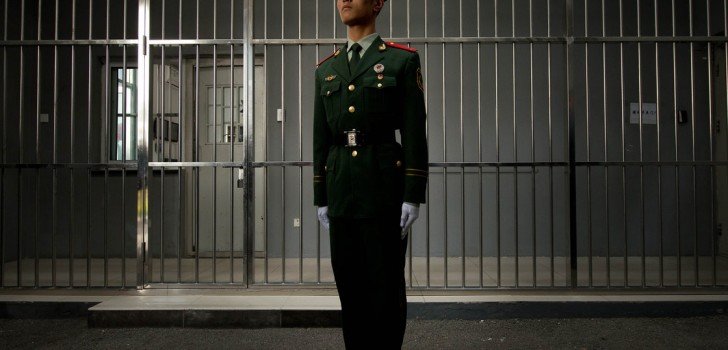The second man to land on the moon is teaming up with Florida Institute of Technology on a serious project to colonize Mars within 25 years. A Mars colonization would involve building giant space ships to ferry astronauts and ordinary citizens to the red planet that scientists say has shown signs of supporting life. But is 25 years too soon?
Buzz Aldrin, the second man to walk the surface of the moon, took part in a signing on Thursday at the university, just a few miles away from NASA’s Kennedy Space Center. The signing ceremony marked a partnership with the Florida Institute of Technology to launch the Buzz Aldrin Space Institute this fall.
Aldrin, 85, would serve as the research professor of aeronautics and also as a senior faculty advisor to the institute. He is pushing for a human settlement on Mars by 2039, 70 years after his very own Apollo 11 Moon landing in 1969.
His current proposal to colonize Mars would involve taking intermediary steps. First send astronauts to the planet’s two moons, Phobos and Deimos and stationing some at the larger of the two: Phobos. Then, unmanned “exploration modules”, robots basically, would be sent first into the red planet to assemble a base before astronauts followed behind.
His plan utilizes a concept called “Cycling Pathways to Occupy Mars” where missions would be constantly cycling between the two planets, Earth and Mars. Aldrin said he had a particular distaste for the word “one way” and would hope to see tours take up to 10 years.
He said, “The Pilgrims on the Mayflower came here to live and stay. They didn’t wait around Plymouth Rock for the return trip, and neither will people building up a population and a settlement.”
The retired astronaut, who has a doctorate in science from the Massachusetts Institute of Technology, will be joining two other retired astronauts on the program: Former space fliers Sam Durrance and Winston Scott.
Aldrin said of his new mission, ‘I am proud of my time at NASA with the Gemini 12 and Apollo 11 programs but I hope to be remembered more for my contributions to the future.” He went on, “I’ve traded earthquakes and fires for hurricanes by coming to Florida.” He was referring to his previous celebrity pursuits that include appearances on the shows “Dancing With The Stars” and “Big Bang Theory.”
For space scientists, the red planet offers a glimpse of hope in the wake of climatic change that may see planet Earth uninhabitable in the next century. Through pushing for a space program to accelerate the colonization of Mars, scientists are ensuring we have a contingency plan in case efforts to save Earth do not pull through, and Buzz Aldrin wants to be in the very middle of it all.















